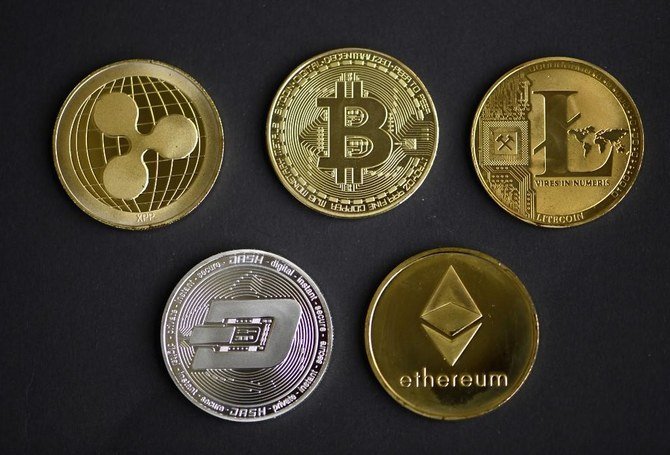David Agullo
Why Banks Want to Create Their Own Cryptocurrencies?

All the banks around the world are very much intrigued around the framework on which the cryptocurrency operates. Central banks all around the world are considering adopting a new type of currency called digital currency. Here the talk is centred around currencies that are fully digital and that can be accessed and stored independently from the current banking system.
A paper produced by the Bank for International Settlements and seven central banks lays out several important parameters for central bank digital currencies, or CBDCs. The are not Cryptocurrency but are somewhat related to it .They are digital currencies with sovereign backing.
CBDCs are meant to supplement, not replace, cash and other forms of legal tender, and they will not jeopardise monetary and financial stability, according to the experts. The CBDC research comes as a number of central banks around the world contemplate their use.
After the global pandemic around the world, the cash flow had been severely impacted and banks are moving towards options that can be managed digitally. The prime reason behind banks opting out for such options are
–EASE OF TRANSACTION
It is based on the blockchain, an open-source cryptographic protocol that allows online payments to be made directly from one e-wallet to another without the use of a financial intermediary.
–PROTECTION AND SECURITY
Public-to-private key encryption protects e-wallets, and they can be accessed via the internet from anywhere in the world, making them equally useful for international and local payments. Bitcoin transfers are almost always free and usually settle within a few hours, as opposed to bank transfers, which frequently include fees and might take several days.
-STABILILTY IN PAYMENT SYSTEM
Monetary Digital currencies can facilitate cross-border transactions, increase financial inclusion, and ensure the stability of payment systems. With government-issued cryptocurrency, there are additional privacy and surveillance concerns. People are more prone to withdraw their funds from commercial banks during times of economic instability, hastening a bank run. A system that can be operated online will be more feasible.
-SOVEREIGN BACKUP
The CMDS unlike the crypto market is fully backed up by sovereign systems. The main idea off backuping up it with reserve is to safeguard the transaction through a reserve system so the complete transaction can be regulated and the money invested by the system is secured .
EASY OPERTABLE SYSTEM
A CBDC is a digital representation of a traditional currency. It might be used in place of cheques, banknotes, or any other type of payment. CBDC deposits could be held directly at a central bank by consumers or businesses who interact using an app or other payment mechanism.
CONTROLLED TRANSACTION
Alternative currency transactions are more difficult to track than those made through banks and other traditional middlemen. Central banks are concerned about losing control of monetary systems, keeping track of cash in circulation, and enacting monetary policies such as negative interest rates, which could be rendered ineffective if more individuals hold and transact in cryptos instead of traditional currencies.
However, there is a larger issue at hand. Even if all of these issues were resolved satisfactorily, central banks would find it difficult to remain above the fray and leave their citizens alone in a sea of private centralised and decentralised payment. They must accept that, unless they wish to relinquish a great deal of authority over their own national currencies and economies, they must compete vigorously.
Latest
Bitcoin
05 Feb 2026
Bitcoin
03 Feb 2026
Bitcoin
20 Jun 2024
Bitcoin
09 May 2024
Bitcoin
19 Apr 2024













